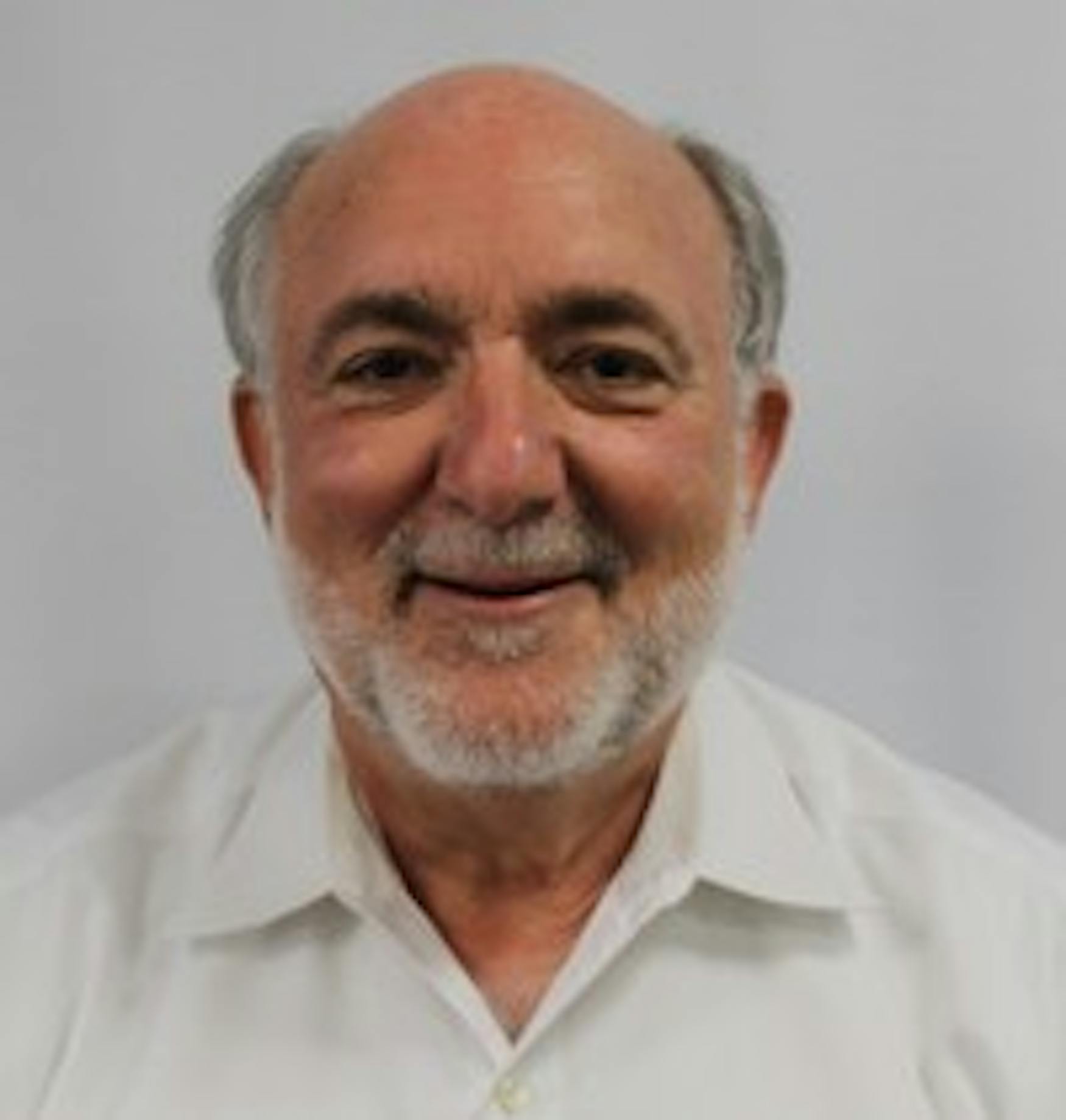Rabbi David Ellenson to head Schusterman Center
Editor's Note: This article has been updated for the August 25 print edition of the Justice.
Rabbi David Ellenson became the acting director of the Schusterman Center for Israel Studies on July 1. He will also serve as a visiting professor in the Near Eastern and Judaic Studies department.
Ellenson this year succeeds Prof. Ilan Troen ’63 (NEJS), who directed the Schusterman Center since it was founded in 2007.
Though Troen has become the new president of the Association for Israel Studies, a group for social science and humanities scholars who study Israel, Ellenson stated in an email to the Justice that he does not believe Troen’s retirement from the Schusterman Center is linked to this new position. Troen will continue on as a professor at Brandeis.
Ellenson served as the president of the Hebrew Union College-Jewish Institute of Religion from 2002 to 2013 and was its chancellor in 2014. HUC-JIR is a seminary and graduate school for the Reform movement and is the oldest and largest Jewish seminary in the United States, according to its website.
In an email to the Justice, Ellenson said that he had reached an agreement with former University President Frederick Lawrence to join the Schusterman Center and the NEJS department before he retired from HUC-JIR, but he had not known that he would be nominated for the position of acting director. Though he was initially hesitant to accept the role, he was persuaded after conversations with then Provost Lisa Lynch, Troen and Lynn Schusterman, the chair of the Charles and Lynn Schusterman Family Foundation which supports the center and HUC-JIR.
Ellenson later decided that “service as Director provided me with a unique opportunity to contribute to the field by helping Brandeis maintain the superb quality and depth of programs and areas that Professor Troen had established,” according to the email. Ellenson stated that he has a close relationship with Troen and that he will “draw upon his [Troen’s] wisdom, experience, and knowledge during the forthcoming year.”
Ellenson told the Justice that he had “always been attracted to Brandeis and its tradition of academic excellence in Jewish and Israel Studies.” Ellenson also stated that he had “the utmost respect” for President Emeritus Jehuda Reinharz both as “a model of intellectual excellence” and as a university president. Several of his friends and colleagues already taught at Brandeis.
In a Feb. 6, 2014 article in the Jewish Journal, Steven Windmueller—the Rabbi Alfred Gottschalk emeritus professor of Jewish communal service at HUC-JIR—said that during his time as president of HUC-JIR, Ellenson was “not a numbers-cruncher” and that “everything was built around his warm, friendly style.”
Ellenson avoided closing any of HUC-JIR’s four campuses in New York, Cincinnati, Los Angeles and Jerusalem throughout the 2008 financial crisis, despite the college’s $10 million deficit at the time.
Under Ellenson, HUC-JIR was able to balance its budget through a combined reduction of expenses and increase in revenue, according to his biography on HUC-JIR’s website. According to an April 18, 2009 Los Angeles Times article, HUC-JIR’s board of governors were considering closing at least two campuses to make up the deficit.
Ellenson also created a system of “electronic classrooms” to unite HUC-JIR’s campuses, according to the Journal article.
Ellenson will teach NEJS 156a: Modern Questions, Jewish Answers: Modern Jewish Response Literature; and NEJS 166b: Who is a Jew? Jewish Status and Identity in Israel and America.
Lynch said in a June 22 BrandeisNOW article that “David Ellenson is a distinguished scholar of Jewish religious thought, ethics, and modern Jewish history whose research on modern Judaism has focused on the complexity of the permeable boundary between tradition and modernity.”
Ellenson told the Justice in an email that he has been “very gratified by the extremely warm welcome so many persons at Brandeis have given me these past weeks. This is a wonderful university, I am so pleased that I can now be an integral part of its traditions.”



Please note All comments are eligible for publication in The Justice.